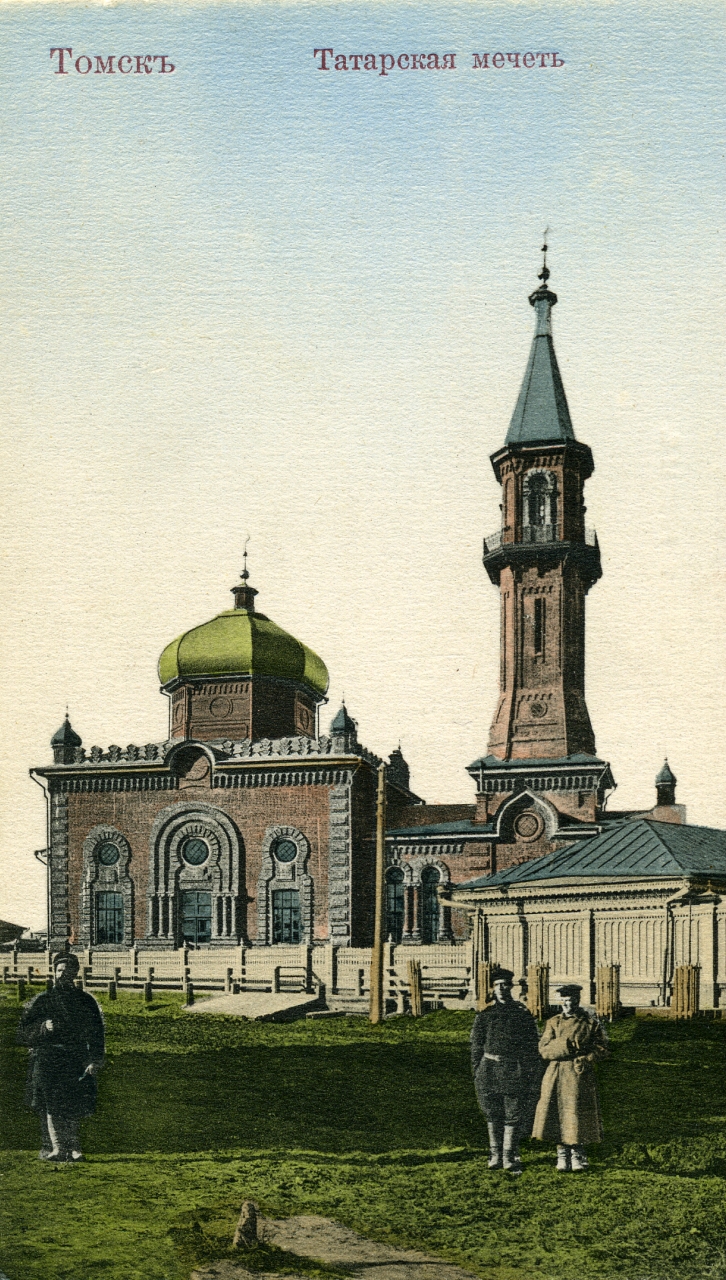
Historians of the Russian empire have put great emphasis on the policy of toleration inaugurated by Catherine II towards confessional diversity and her initiating the creation of Muslim Spiritual Assemblies. While this interpretive perspective has proved helpful for appreciating the complexity of confessional policies and strategies of administrative devolution, it has glossed over the fact that such policies were in fact limited to specific areas, for they were never pursued in the Muslim-majority colonies of the Russian Empire, i.e., Central Asia and the Caucasus. In addition, emphasis on devolution has obscured how from the 16th century, the Tsarist empire developed strategies designed for inclusion and cooperation, not only assimilation. The major goal of this research track is to assess the effects of the different policies and ideologies that the Russian Empire produced in the various encounters with Islamdom since the formation of Muscovy to the October revolution. It does so by pursuing a comparative history of state-Muslim relations in Inner Russia, Siberia, the Kazakh Steppe, Turkestan, and the North Caucasus.